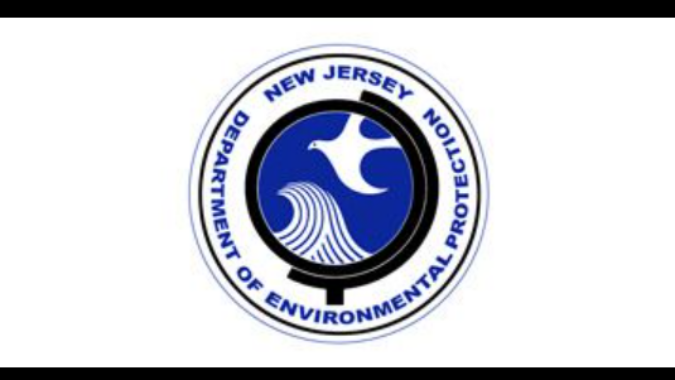The New Jersey Department of Environmental Protection hosted a limited stakeholder meeting on Wednesday to announce new emergency Flood Hazard Area (FHA) regulations as part of its NJ Protecting Against Climate Threats (NJPACT) rules.
The NJPACT rules are expected to be in effect in mid-June and will have broad implications on many development projects throughout New Jersey.
The specific language of the FHA regulations will not be available until posted in the New Jersey Register. But proposed changes to FHA regulations include:
- Raising fluvial (non-tidal) design flood elevations by two feet
- Requiring use of future projected precipitation when calculating design flood elevation
- Ensuring that permits and authorizations under the Flood Hazard Area Control Act rules meet minimum NFIP standards and relevant sections of the Uniform Construction Code
- Requiring stormwater Best Management Practics to be designed to man-made runoff for both today’s storms and future storms
Developers will not have to comply with new FHA rules if:
- The regulated activity is part of a project with a valid FHA permit or
- The regulated activity is part of a project that needs an FHA permit, and a complete application was submitted to DEP prior to the emergency rule filling or
- The regulated activity is part of a project that did not need an FHA permit prior to the rule filling where:
- the project received all federal, state and local approvals and;
- construction commenced prior to the rulemaking
All major developments are subject to the new standards upon filing rulemaking with the Office of Administrative Law unless:
- The project needs an FHA, Coastal Zone Management, Freshwater Wetlands or Highlands approval and a complete application was submitted to DEP prior to the emergency rule making, or;
- The project does not need DEP approval and has received local approvals pursuant to the MLUL prior to the emergency rule filing




